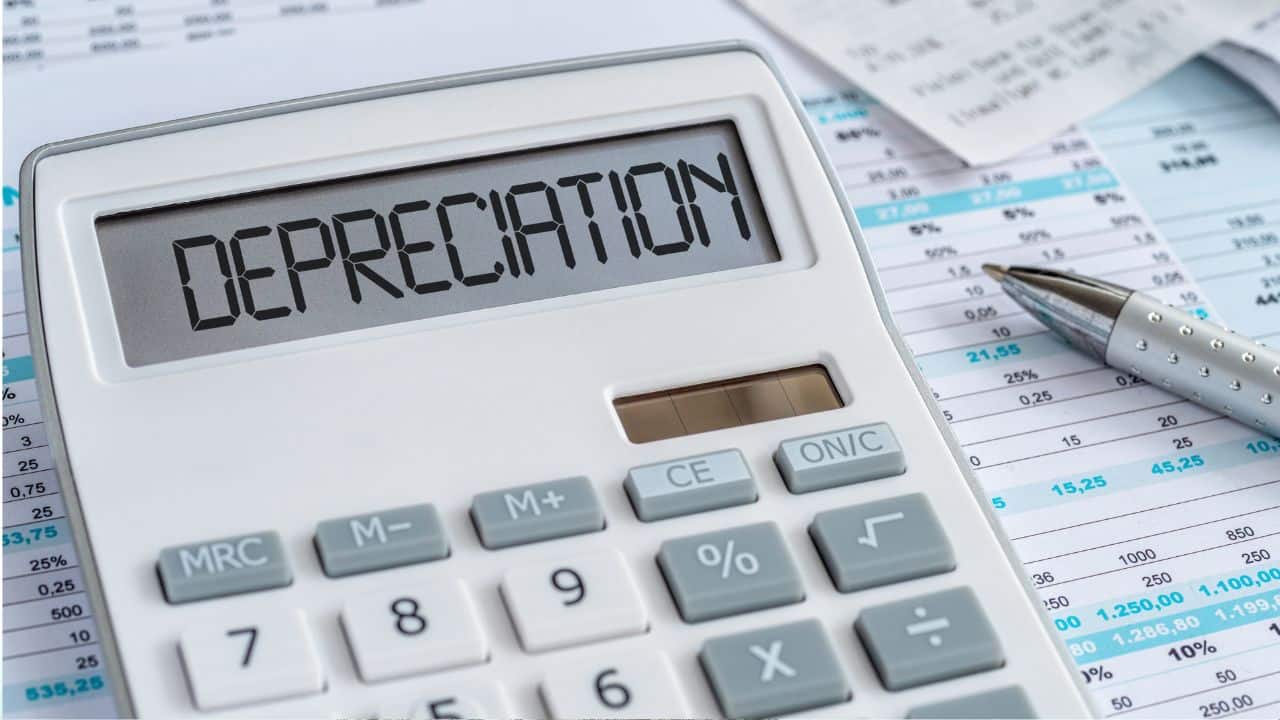When managing a rental property, it’s easy to focus on the obvious numbers — rent collected, expenses paid, and profit made. But one number that often flies under the radar is depreciation. While it’s not something you can see on a bank statement, it plays a big role in how profitable a property really is — especially at tax time.
This Rental Property Depreciation Calculator helps property managers estimate how much value a property can depreciate each year based on IRS standards. Depreciation is a non-cash deduction that can lower your taxable income, which means more after-tax profit for the property owner. And for property managers, understanding how depreciation works can add a lot of value to the conversations you have with your clients.
Whether you’re helping an owner plan for tax season, reviewing investment returns, or preparing long-term forecasts, depreciation is a key piece of the puzzle. This tool gives you a simple way to estimate it.
What Is Depreciation and Why Does It Matter?
Depreciation is the IRS’s way of recognizing that properties wear out over time — even if they’re still earning money. It allows owners to deduct a portion of the property’s cost from their taxable income every year, typically over a period of 27.5 years for residential rentals.
This doesn’t mean the property is losing value in the real world. In fact, many properties go up in value over time. But from a tax standpoint, depreciation is treated as an annual expense — and it’s one that property owners definitely don’t want to overlook.
By understanding depreciation, property managers can help owners look beyond just rent and repair costs and see the full financial picture.
How Depreciation Affects Real Returns
When most people calculate ROI or cash flow, they’re looking at money in and money out. Depreciation is different. It doesn’t reduce the cash you receive — it reduces the amount of that cash that gets taxed. That means your clients may keep more of what they earn, which improves their effective return.
This is one of the reasons investors are so interested in rental properties. Depreciation is a built-in tax benefit that applies every year, for 27.5 years straight. As a property manager, it’s helpful to understand how this works, especially when helping owners with long-term planning or year-end reviews.
What to Tell Owners About Depreciation
Many rental property owners don’t fully understand how depreciation benefits them — or they assume their CPA will handle it behind the scenes. While that’s often true, it’s still a good idea to walk them through the basics.
Let them know that the IRS allows them to depreciate the building portion of the property (not the land), and that this deduction can offset income from rent. If an owner has owned a property for several years and never claimed depreciation, they may even be missing out on thousands of dollars in tax savings.
Showing this through a simple calculator like the one above can help make those conversations easier. It gives owners a real number they can use when talking to their tax advisor — and it shows that you, as their property manager, are thinking ahead.
Depreciation in Day-to-Day Management
While depreciation doesn’t affect your monthly reports or the cash in the bank, it does come into play when you’re looking at net operating income (NOI), tax projections, and the overall value of the property as an investment. A property with strong cash flow and smart tax planning can look a lot more attractive when it’s time to refinance, sell, or take on more properties.
It can also play a role in how investors evaluate your services. If you’re the kind of property manager who helps owners not only protect their property, but also understand the numbers, that’s a major value-add. Depreciation is just one of those tools that makes you look even more professional.
Help Owners See the Full Picture
Being a great property manager is about more than collecting rent and handling repairs. It’s about being a partner in the long-term success of a rental property. Understanding how depreciation works — and being able to explain it simply — positions you as someone who knows the business side of rentals, not just the operations.
With this calculator, you can help owners plan smarter, save money, and feel more confident in their investments. And that’s good for everyone involved.




